CUBA | 60 Years of US Economic Embargo has cost Cuba US$144-Trillion
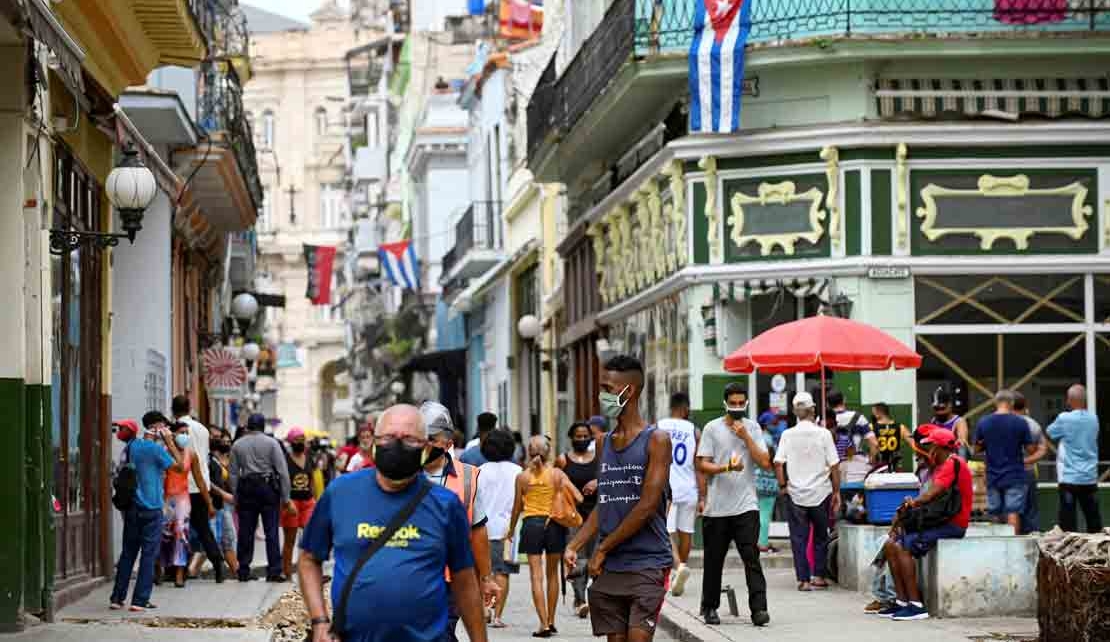
HAVANA, Cuba, February 4, 2022 - Thursday the 3rd of February 2022, will mark 60 years since the United States instituted its crippling economic blockade against the government and people of Cuba, with accumulated losses during the six decades amounting to in excess of US $144-trillion,413 billion dollars (US$ 144,413,400,000) at current prices.
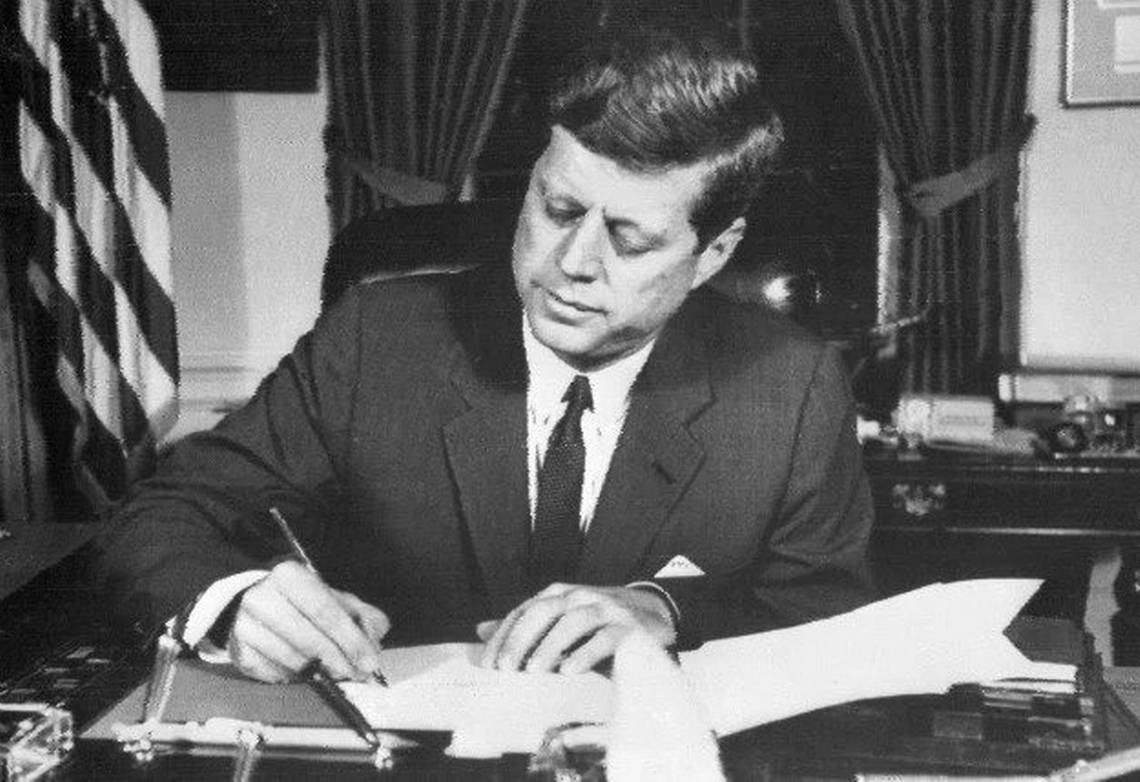
The Kennedy embargo expanded the first embargo imposed by President Dwight D. Eisenhower’s State Department on Cuba on Oct. 19, 1960. The original embargo covered all U.S. exports to Cuba except for medicine and some foods. President John F. Kennedy expanded the embargo to cover U.S. imports from Cuba and made it permanent on Feb. 3 1962.
Since that time, Washington’s policy of siege and economic suppression has become the core of a strategy designed to curtail the legitimate right of the Cuban people to defend their sovereignty
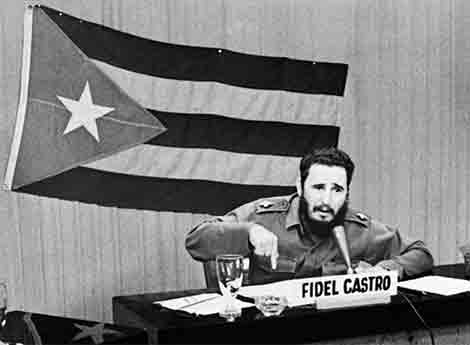
A statement from the Cuban Ministry of Foreigh Affairs pointed out that “the blockade has never had the least shred of legitimacy or moral justification. It constitutes a massive, flagrant and systematic violation of the human rights of all Cubans. It amounts to an act of genocide within the meaning of the 1948 Convention on the Prevention and Punishment of the Crime of Genocide.”
The nefarious aims of the US policy towards Cuba emerged by way of an internal memorandum by Deputy Assistant Secretary at the State Department, Lester D. Mallory, dated 6th April 1960.
According to that memo, the primary aim of the US embargo was in “provoking disappointment and discouragement through economic dissatisfaction and hardships … weaken the economic life … denying Cuba funds and supplies to reduce nominal and real salaries with the objective of provoking hunger, desperation and the overthrow of the government".
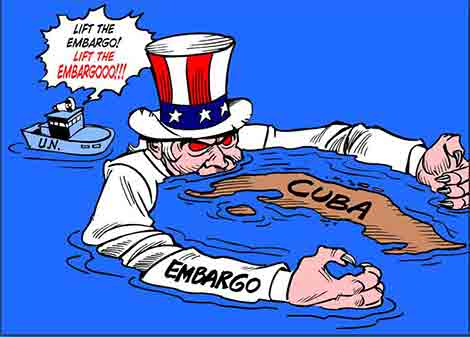 However, despite being successful in fermenting economic distress and hardships as well as weakening the economic life of the Cuban people, their deep and widespread understanding of the nefarious designs of the United States government has helped them to be more resilient.
However, despite being successful in fermenting economic distress and hardships as well as weakening the economic life of the Cuban people, their deep and widespread understanding of the nefarious designs of the United States government has helped them to be more resilient.
The Cuban government pointed out that the blockade has escalated to become the most complex, prolonged and inhuman act of economic warfare ever committed against any nation.
“Its effects have constrained the scope for economic growth, being designed to impede trading relations with third countries, cause maximum possible obstruction of banking and other financial operations, deter foreign investment and cut off all sources of revenue.
“It is an essentially extraterritorial policy, in breach of international law, which uses pressure, blackmail and penalties in seeking to isolate Cuba and penalize those who establish any trading, commercial or financial links with the country.
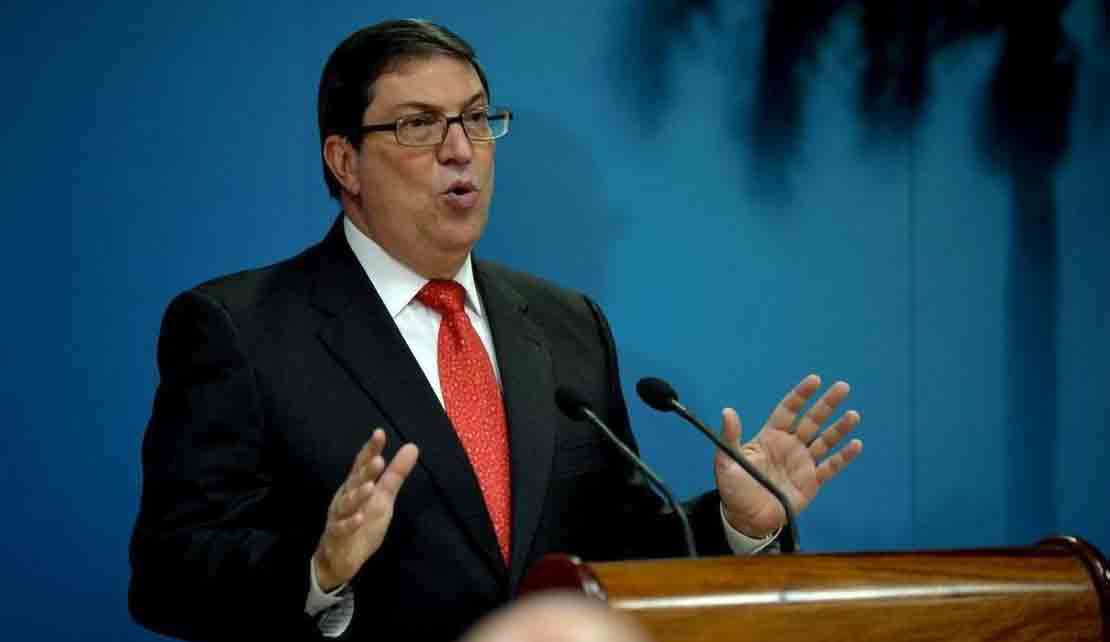
In seeking to justify the policy, Washington resorts to lies, while attempting to obscure its criminal nature by financing campaigns to spread the notion that the blockade does no real harm to the Cuban economy, that its effects are not a significant obstacle to our development and economic stability. This falsehood is disseminated through the powerful mass media subservient to imperialism and through the digital networks designed to influence public opinion, including that of certain compatriots.
Since 2019, the coercive economic measures have reached unprecedented degrees of severity. Measures of non-conventional warfare, inapplicable in peacetime, are being enforced, in the attempts to block fuel supplies to Cuba.
In the context of the efforts addressing the COVID-19 pandemic, the intensification of the blockade assumes an unheard-of level of cruelty, impeding donations in a spirit of solidarity, attempting to hinder the development of Cuba’s vaccines and to disrupt access to basic medicines and supplies. During the pandemic, and throughout the last 60 years, the blockade has had an incalculable human cost, suffered directly by several generations.
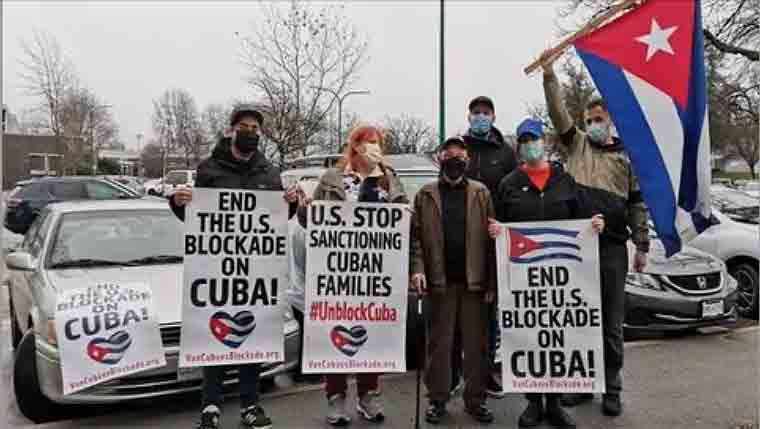
At the same time, the Cuban peop[le has been making unquestionable gains in terms of social justice and bringing about a gradual transformation in economic and production structure aimed at sustainable growth. One wonders how many small, underdeveloped economies could have survived an onslaught on such a scale.
This policy of economic siege is met with practically unanimous and universal rejection. In addition to the overwhelming support accorded to the resolution adopted by the UN General Assembly every year, there are constant calls and denunciations by individuals, organizations and institutions worldwide, including within the United States.
Since 1959, there have been 13 occupants of the White House. With certain variations, in every case there has been a constant intention to cause the economic collapse and unsustainability of Cuba’s revolutionary plan, through strict application of the blockade.
“It seems that 60 years has not been enough time to realize that it has not achieved, and will never achieve, the aims of its promoters. The revolutionary government calls once again, strenuously and emphatically, for an end to the economic, commercial and financial blockade imposed by the United States. Our condemnation will remain firm and invariable until the complete cessation of this inhuman and illegal policy.
-30-

 En
En  Ar
Ar